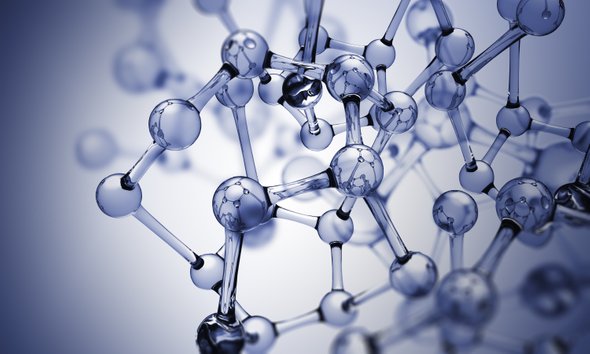This is Scientific American — 60-Second Science. I'm Steve Mirsky.
"This year's prize is harnessing the power of evolution. The Royal Swedish Academy of Sciences has decided to award the Nobel Prize in Chemistry 2018 with one half to Frances H. Arnold for the directed evolution of enzymes and the other half jointly to George P. Smith and Sir Gregory P. Winter for the phage display of peptides and antibodies."
Göran Hansson, secretary general of the Academy, earlier today.
"Frances H. Arnold was born in Pittsburgh, Pennsylvania, in the United States in 1956 and she's currently at the California Institute of Technology, Caltech, in Pasadena in the Los Angeles area. George P. Smith was born in 1941 in Norwalk, Connecticut, and he's currently at the University of Missouri, in Columbia, in the United States. Sir Gregory P. Winter was born in 1951 in Leicester, in the United Kingdom. And he is at the Laboratory of Molecular Biology and the University of Cambridge in England."
"So with that I'd like to ask Claes Gustafsson, chairman of the Nobel committee, to make some remarks about the prize. Claes."

CG: "Thank you, Göran. This year's prize in chemistry rewards a revolution based on evolution. Our laureates have applied principles of Darwin in test tubes. And used this approach to develop new types of chemicals for the greatest benefit of humankind..."
"For thousands of years we humans have used selective breeding to create animals and plants with properties that have been useful for us. This year's Nobel laureates have taken the next step. They have used the molecular understanding that we today have of the evolutionary process and re-created the process in their laboratories in their test tubes..."
"This work has led to the creation of proteins with new enzymatic activities, able to catalyze useful chemical reactions. In addition, with the method called phage display, they have also evolved proteins with new binding properties, such as antibodies that can be used to treat disease. In their laboratories, our laureates this year have been able to direct evolution, to steer it, which has led to new chemical tools that can be used in everything from environmentally friendly detergents to the creation of new biofuels and pharmaceuticals."
For an in-depth listen about the 2018 Nobel Prize in Chemistry, look for the Scientific American Science Talk podcast later today.
For Scientific American — 60-Second Science. I'm Steve Mirsky.












